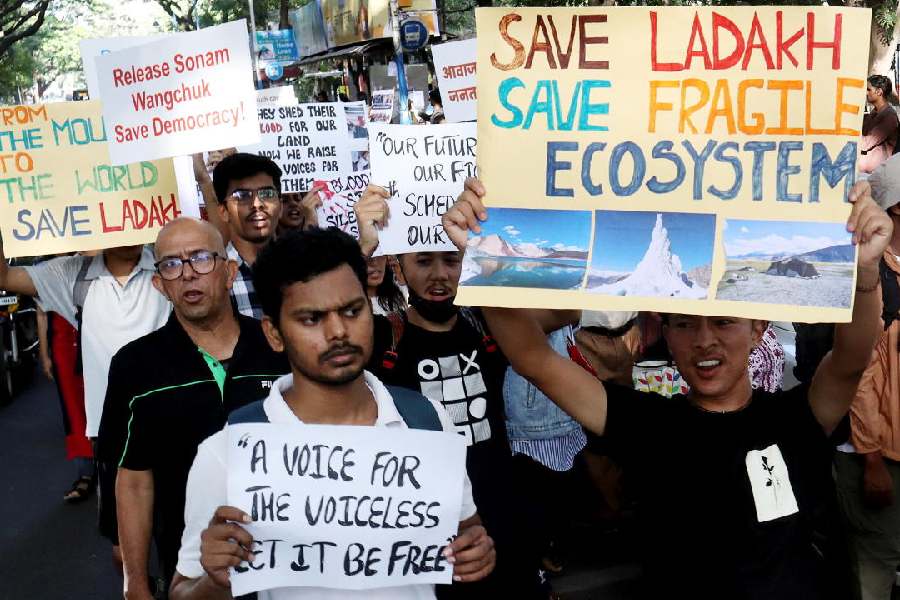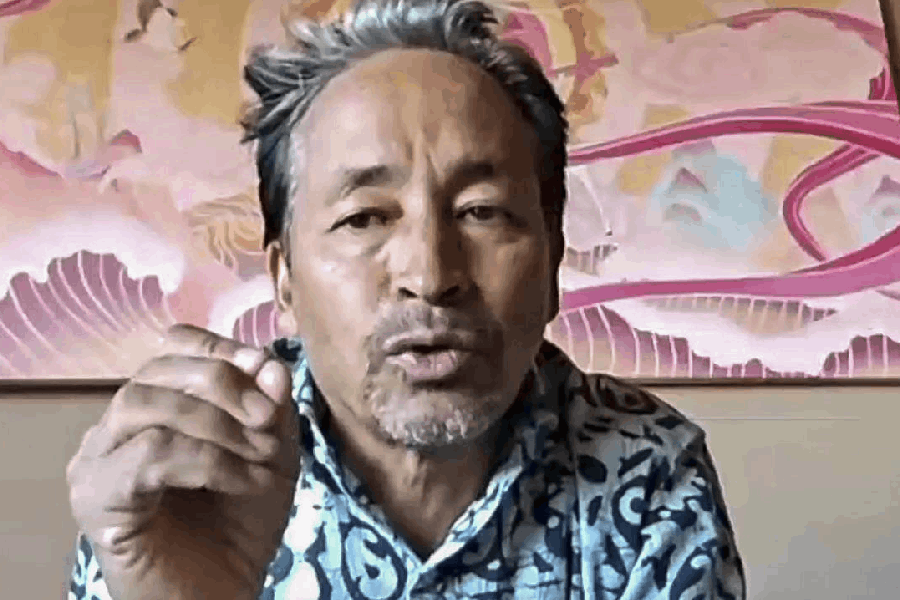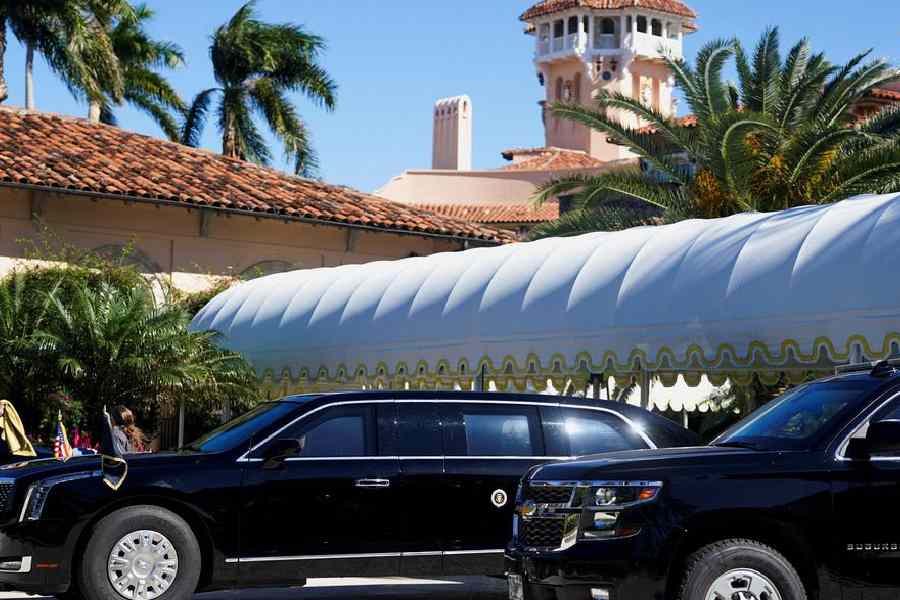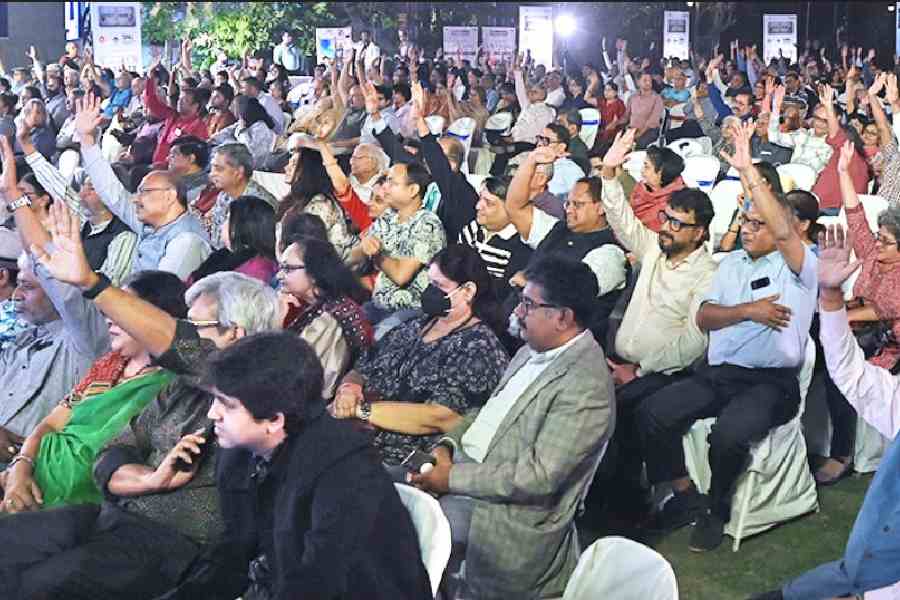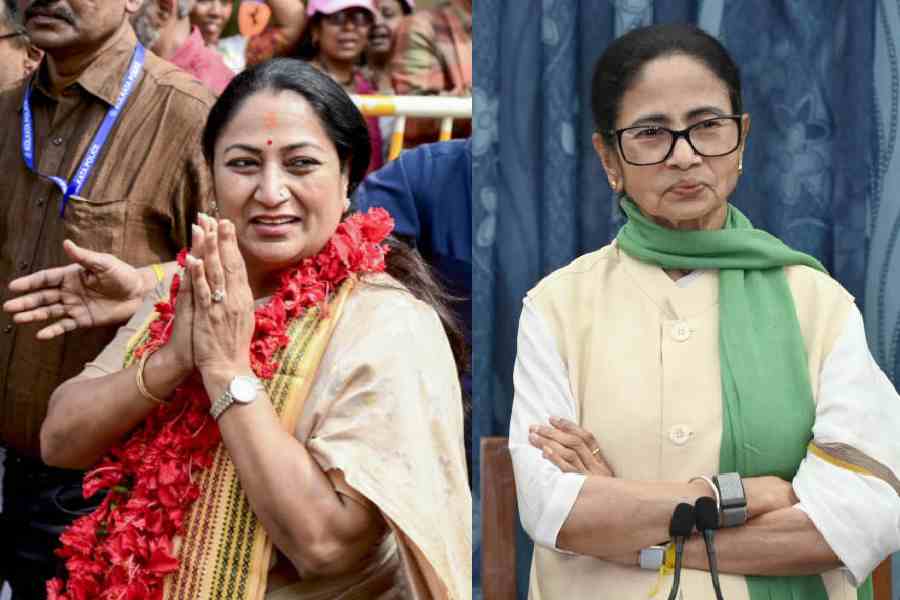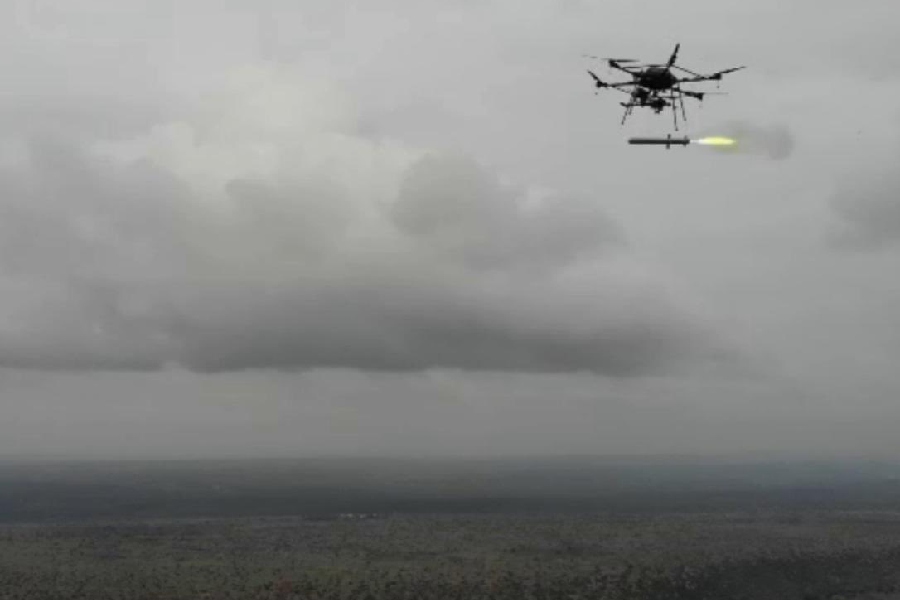Ladakh remains tense weeks after the September 24 violence in Leh left four dead and nearly 90 injured, with authorities pointing fingers at “vested interests” while the fate of climate activist Sonam Wangchuk hangs in the balance.
Chief secretary Pawan Kotwal, in a press statement on Saturday, condemned those he said sabotaged peace efforts.
“We are confident that investigation would definitely establish that certain leaders worked in a negative and destructive manner and played with the future of Ladakh,” he said.
The statement comes as the Ladakh Buddhist Association (LAB) and Kargil Democratic Alliance (KDA) refused to attend the scheduled October 6 meeting with the Centre until a judicial probe is ordered into the deaths and all detainees, including Wangchuk, are released.
Kotwal stressed that 30 of the 70 youth detained after the clashes have been freed, while the rest remain in judicial custody. “We will ensure that youngsters are not put to any hardship and no misguided innocent person is implicated," he said.
Meanwhile, Wangchuk, detained under the National Security Act (NSA) on September 26, is lodged in Jodhpur jail. The Supreme Court is set to hear a plea from his wife, Gitanjali J Angmo, on October 6 seeking his immediate release.
The petition labels his detention “illegal, arbitrary, and unconstitutional,” violating Articles 14, 19, 21, and 22 of the Constitution.
The plea details the harsh conditions of his detention, including lack of medicines, personal belongings, and family access.
It also highlights harassment of HIAL students and staff, and notes that a community member allegedly committed suicide, underscoring the psychological impact on the region.
“A recent tragic incident has been reported where a member of the Ladakh Buddhist Association committed suicide, allegedly depressed after his detention, underscoring the devastating psychological impact on the community,” the plea states.
Kotwal’s statement defended government actions, claiming dialogue had led to increased Scheduled Tribe reservations, women’s representation in the Ladakh Autonomous Hill Development Council, and protection of local languages.
Yet he accused certain entities of disrupting talks.
“The land, resources, jobs and livelihood of Ladakhis will remain protected. Nothing will happen without consultation and consent of the local community. There has been no mining activities in Ladakh at all," he said, addressing environmental concerns.

